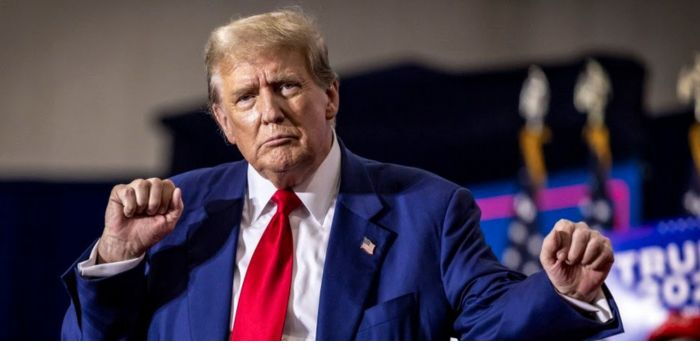On Wednesday, June 4, former U.S. President Donald Trump signed a new proclamation that places travel restrictions on citizens from 12 countries. This move is part of a broader effort by the U.S. to crack down on what it refers to as “unlawful” immigration.
Among the countries affected are Somalia and Sudan—nations from which many refugees currently live in Kenya.
The countries listed in the travel ban are: the Republic of the Congo, Equatorial Guinea, Eritrea, Haiti, Iran, Libya, Somalia, Sudan, Yemen, Afghanistan, Myanmar, and Chad.
Additionally, the proclamation imposes partial travel restrictions on individuals from Burundi, Cuba, Laos, Sierra Leone, Togo, Turkmenistan, and Venezuela.
Speaking through a video posted on X (formerly Twitter), Trump emphasized national security, stating, “We will not allow people to enter our country who wish to do us harm.”
The impact of this decision is already causing concern among refugee communities—especially Somali and Sudanese refugees currently residing in camps like Kakuma in Kenya. Many of these refugees had hopes of resettling in the United States, but this new policy presents a major setback.
In 2023, approximately 803 Somali nationals applied for asylum in the U.S. Out of these, only about 7.3% received approval, while 127 were denied, and the majority were still awaiting decisions.
These figures highlight the long and uncertain process of seeking asylum, which may now become even more difficult due to the travel ban.
Kenya itself may face increased scrutiny, as Trump hinted the list of banned countries could be updated in the future. Some U.S. lawmakers have already begun questioning Kenya’s loyalty to the U.S., citing its strengthening relationship with China.
Notably, Senator Jim Risch, chairman of the Senate Foreign Relations Committee, criticized Kenyan President William Ruto’s recent comments about Kenya and China being “co-architects of a new world order.”
“This isn’t just a diplomatic alignment with China—it’s a clear sign of allegiance,” Risch remarked. He urged the U.S. government to reevaluate its ties with Kenya and other nations that appear to be building closer relationships with Beijing.
Despite the strict nature of the travel ban, there are a few exceptions. The order states that U.S. green card holders and participants in international sporting events such as the Olympics or World Cup will not be affected.
Also, visas issued before the ban takes effect will remain valid and will not be revoked.
The travel ban officially comes into force on June 9, 2025.
Join Gen Z New WhatsApp Channel To Stay Updated On time https://whatsapp.com/channel/0029VaWT5gSGufImU8R0DO30


